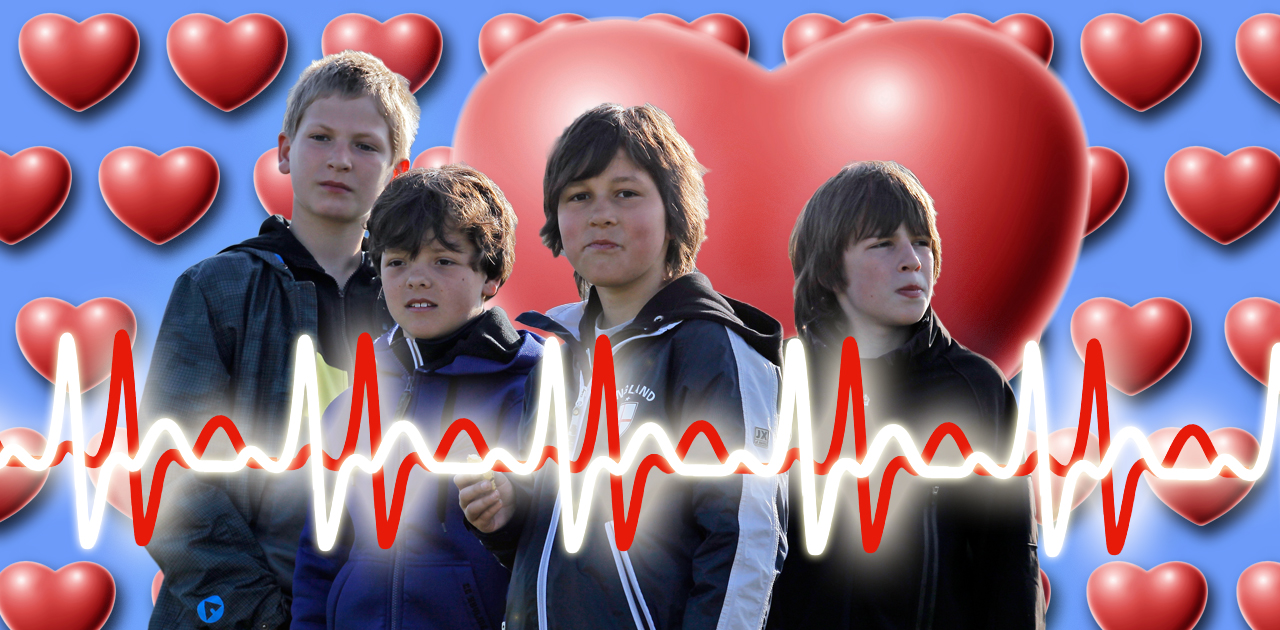What we do
About our project
Background information
Children with congenital heart disease (CHD) are at increased risk of cognitive, behavioral, and emotional problems. They also participate less in sports. Moreover, the parents of these children more often have psychosocial problems than the parents of healthy children. Milestones such as starting kindergarten or primary school present more challenges for children with CHD and their parents than for families of healthy children. A family-based psychosocial intervention tailored to the needs of these families might help alleviate problems.
Overall aim
The ‘Congenital Heart Disease Intervention Program (CHIP)-School’ is the only scientifically examined psychosocial intervention for children with CHD and their parents. Still, the program targeted parents only and resulted in positive, though non-significant effects on the children’s psychosocial wellbeing. To improve these results, we have added a specific child module and now target siblings as well, thereby creating the CHIP-Family intervention. The aim is to improve the child’s psychosocial wellbeing, sports participation, and the parents’ mental health.
Research method
We are conducting a single-blind randomized controlled trial comparing the effects of CHIP-Family versus care as usual (no psychosocial care) on the psychosocial wellbeing of families of 4 to 7-year-old children with CHD.
CHIP-Family is provided by psychologists, a pediatric cardiologist, and a physiotherapist. The intervention consists of a one-day group workshop for parents (problem prevention, psychoeducation, parenting skills) and a parallel one-day group workshop for children and a sibling (enhancing resilience, sports exercises). Parents receive an individual booster session approximately 4 weeks after the workshop.
Children, parents, and teachers complete questionnaires at baseline and at 6-month follow-up.
Desirable outcome
We hope to improve the psychosocial care for children with CHD and their families. If CHIP-Family proves to be effective, it deserves to be implemented in standard care.

Collaborations
Collaborations outside of Erasmus MC
Patiëntenvereniging aangeboren hartafwijkingen.
University College Cork, Ireland, Dr Christopher McCusker.
Publications
- CHIP-Familie voor kleuters met een aangeboren hartafwijking (publication is available in Dutch only)
